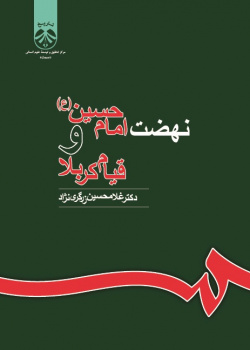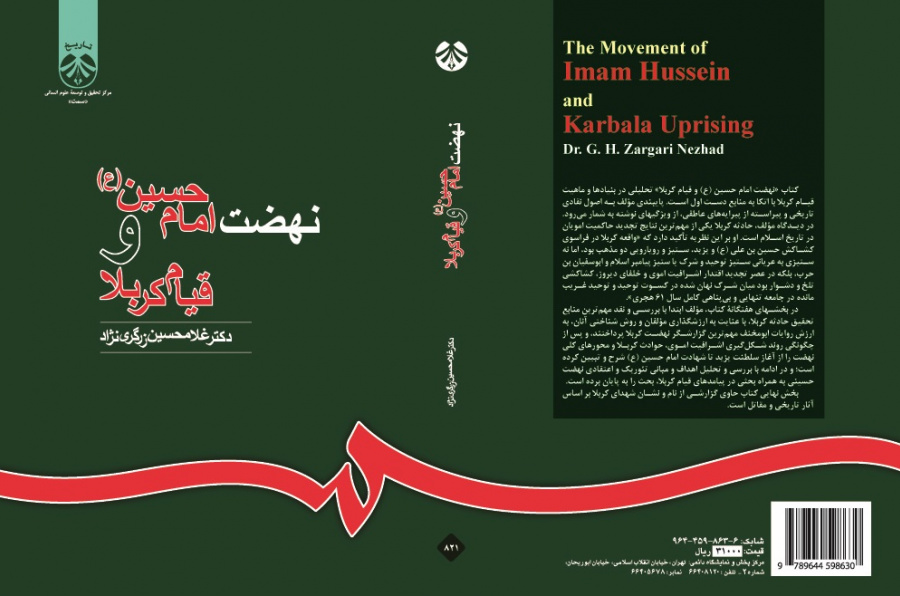

The Movement of Imam Hussein and Karbala Uprising
In this book, an analysis of the foundations and nature of the Karbala Uprising is presented relying on first-hand sources. The author's adherence to the principles of historical criticism is one of the characteristics of this book. In the author's view, the Karbala incident is one of the most important consequences of the re-emergence of the Umayyads in Islamic history. He emphasizes the theory that "the event of Karbala, beyond the conflict between Hussein ibn Ali (AS) and Yazid, was a confrontation between the two religions, but not against monotheism and polytheism or the struggle of the Prophet of Islam and Abu Sufyan ibn Harb, but in the age of renewal of the authority of the Umayyad aristocracy and the caliphs of yesterday, it was a bitter and difficult struggle between the polytheism hidden in monotheism and the monotheism left in a state of loneliness and complete helplessness in the year 61 AH”. In the seven chapters of the book, the author first examines and critiques the most important sources of research on the Karbala incident, considering the evaluation of the authors and their methodology; he addresses the value of the narrations of Abu Makhnaf, the most important reporter of the Karbala movement, and after explaining the formation of the Umayyad aristocracy. He has described the movement from the beginning of Yazid's reign until the martyrdom of Imam Hussein (AS); and then, he examines and analyzes the theoretical and doctrinal goals and foundations of the Husseini movement, along with a discussion on the consequences of the Karbala uprising in conclusion. The final part of the book contains a report on the names and information of the martyrs of Karbala based on historical data.
Selected Book of the 14th Best Academic Book Award, 2005





